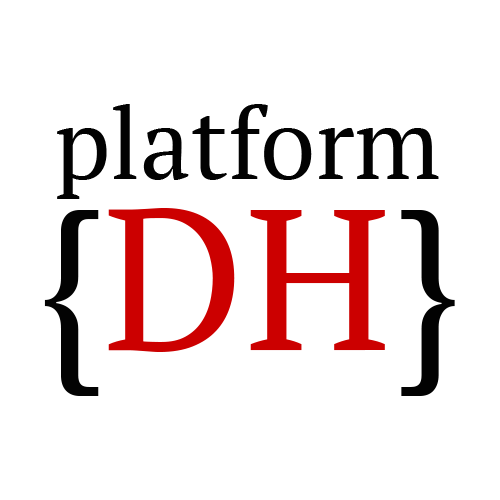
Lecture Series: Mats Dahlström
S.R.218 Rodestraat 14 (via ingang Lange Winkelstraat), Antwerpen, Antwerpen, BelgiumWhat We See on the Screen
However you define digital humanities (DH), it often revolves around digitized objects at libraries and archives. In particular, such digital reproductions are used within digital scholarly editions. There, the digital facsimiles are not only illustrations supporting a scholarly text transcription, but can also serve as research tools and instruments for accountability and accessibility. Nevertheless, the “critical gaze” of scholarly editors and DH is directed at text transcriptions, whereas digital facsimiles are often uncritically taken at face value. In this talk, I will address some of the critical considerations libraries face when digitizing their holdings, with significant bearing on the value and (re)usability of the digital reproductions when placed within a scholarly context.






